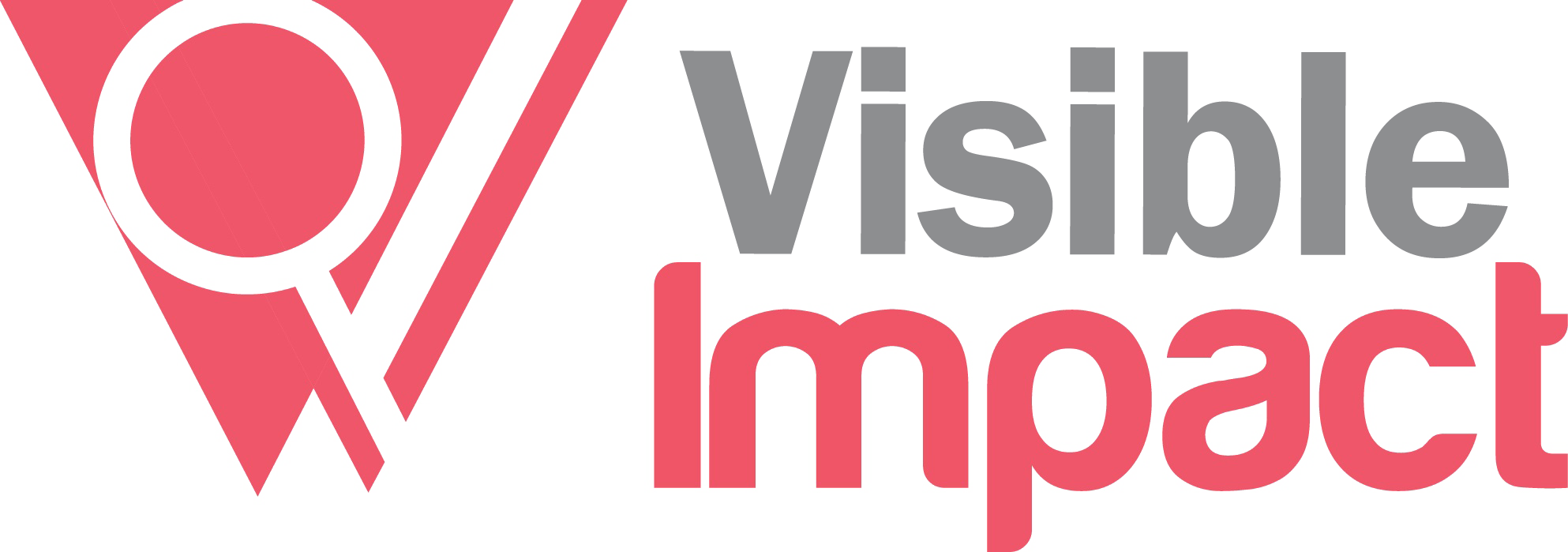"Outlook of Women's stand in SRHR"
While the sustainable development goals (SDGs) are ambitious and expansive on its own, it aims in encompassing several sectors that cover the social and economic issues worldwide. In an attempt to bring the sexual and reproductive issues into its framework, SDGs has widened its focus involving agendas of sexual and reproductive health rights (SRHR). Three of its goals- health, gender equality and education goals specifically focus on meeting the SRHR agendas. It features the key aspects of SRHR which includes access to sexual and reproductive health services, maternal and newborn health issues, comprehensive sexuality education and the ability to make decisions about one’s own health. SRHR issues affect men and women alike and it is necessary that these issues be included when the leaders plan for developmental agendas for the next 15 years through SDGs. Though the issues of sexual and reproductive health and rights advocate for men and women equally, various social, cultural as well as biological attributes suggest that women are more vulnerable in this matter. Like in every other issue, the very basic problem is lack of education of which women are major victims. Various norms and discrimination against femininity have deprived girls from receiving proper education. As a result of this, they lack awareness and become victims of diseases as well as get pushed aside in the policy making about these health issues. Talking about their sexual rights, most girls are not free to express their sexuality by making their own decisions about partners, privacy and pleasure. Especially in developing countries, they are forced to get married before the age of 18 or even 15 which isn't an age mature enough to make informed decisions about their sexuality. Another typical obstacle to sexual rights is assault, including rape. Harassment, manipulation, deception, forced sexual attempts by strangers or spouses are different forms that physical violence occurs in. Rape cases have commonly been found in girls below the age of 16 and as pathetic as it may sound, some of them are forced to marry their assaulter. This not only violates the sexual rights of a girl but also leads to unwanted and unsafe pregnancy. Even among married couples, unwanted pregnancy is found common, the reason behind which could be forced sexual attempts, limited knowledge or access to family planning tools. Unmet need of family planning awareness and tools have been seen in many Asian and African countries. All of this raises the issues of reproductive health rights. Every individual has the right to decide the number of children they want to have. But the number of unsafe abortions presented in statistical data shows that there is more than awareness that is needed. It is well known that even today there are places in this globe where people do not have access to the very basic essentials of life, let alone the anticipation of reproductive health care. The absence of medical advice and proper care has led to the death of many girls and women even in minor complications before, during or after pregnancy. The practice of unequipped pregnancy results in reproductive illnesses and poor health conditions of mother as well as child. Having said that, the actual success of this programme after the alignment of policy making, investment and implementation is yet to be seen. Trusted global data collection source and enthusiastic human resource remain a need for SDGs planners. The success of this programme will depend on the extent to which the government, non- governmental agencies and individuals as a whole take seriously these problems in their mainstream and implement the relevant policies to attain them. SDGs has laid out an ambitious agenda for the global community and its success will show us a peaceful healthy and happy global village.
